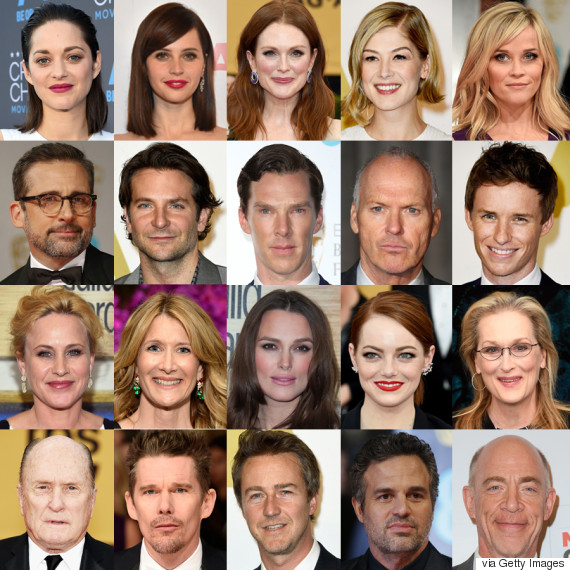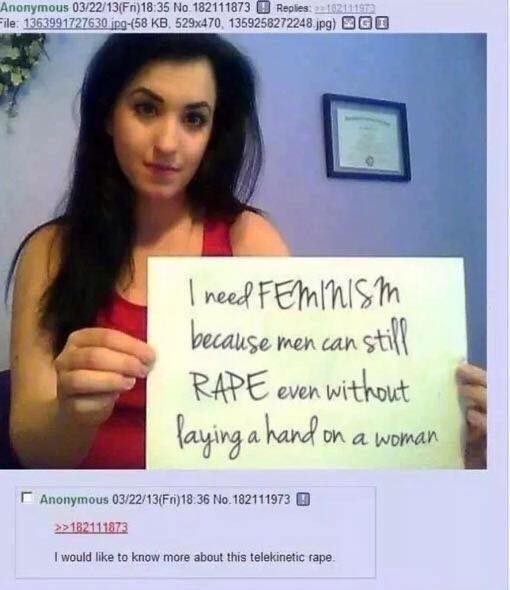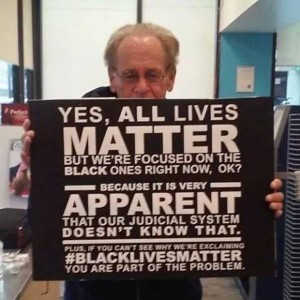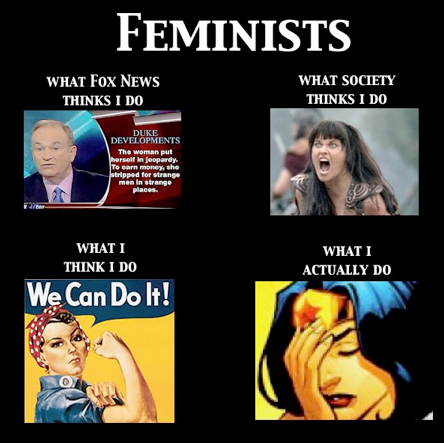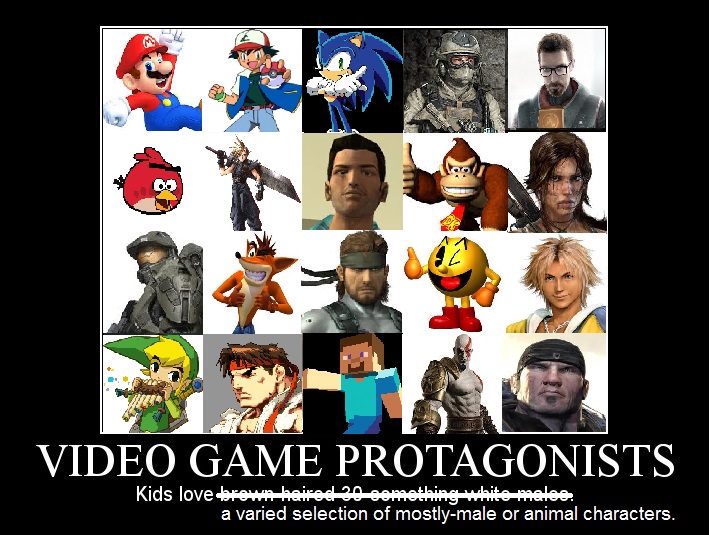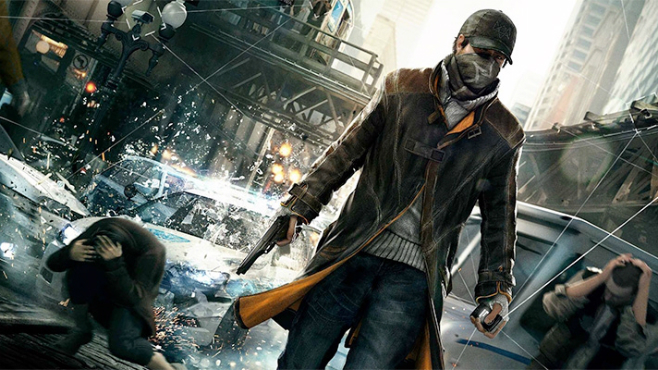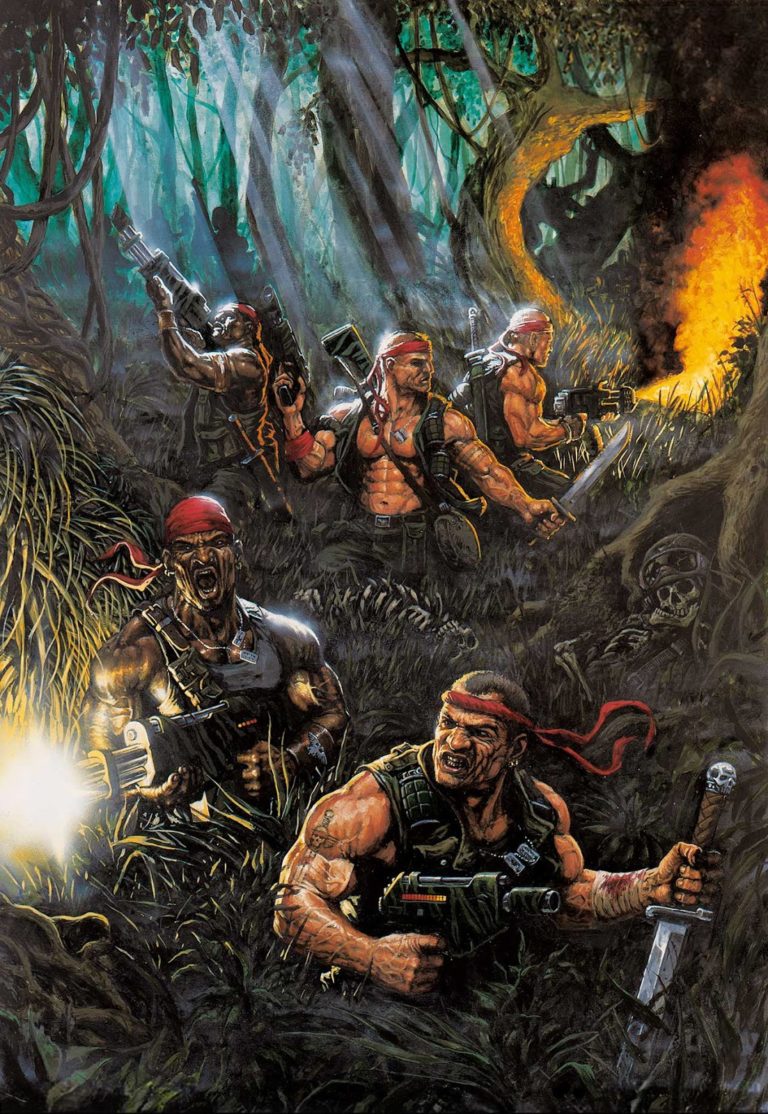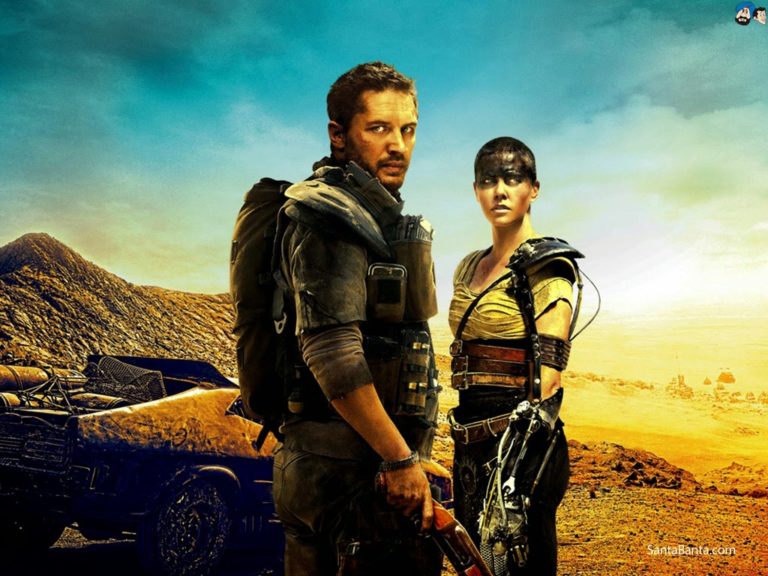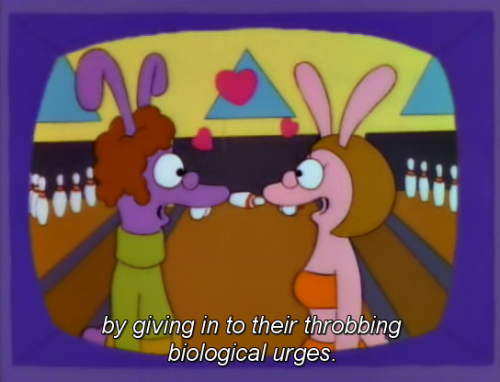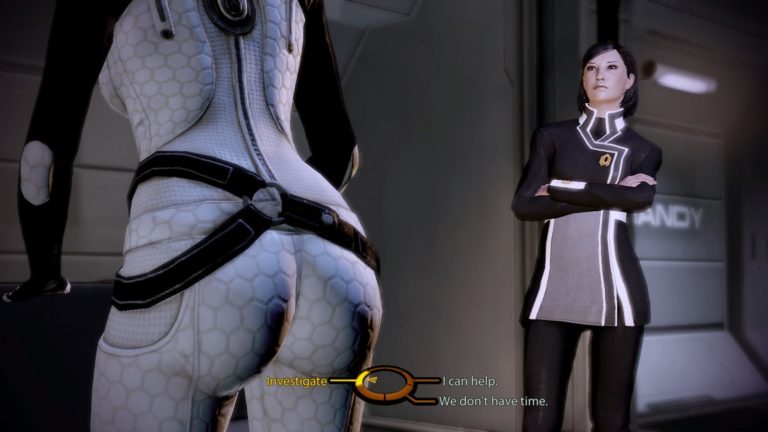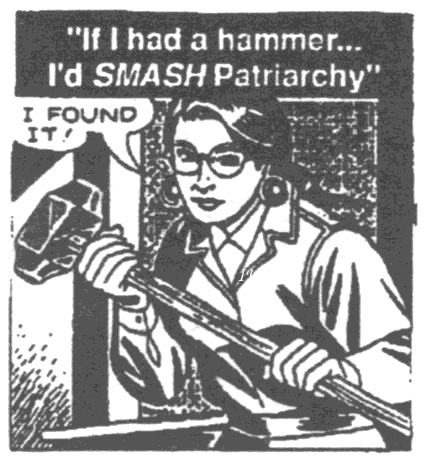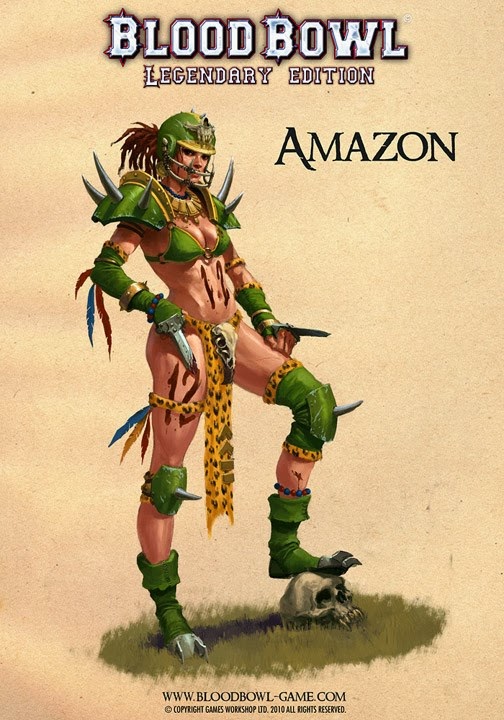Oh looky, it’s time for another installment of The Rebuttal. What sort of dumbassery made its way...
feminism
If you’ve read even a couple of my posts on this blog, then you’re probably aware that...
We’re starting up a new column here on IC2S (to go along with Quick Fixes, Retrospectives and...
There’s a recurring argument which seems to occur within my family every couple months. Most recently it...
Depending on how much attention you pay to gaming news, you might have heard about the latest...
The amount of hate out there for SJWs at the moment is insane. I haven’t seen this...
So recently my morning started off in fantastic fashion as one of my friends on Facebook shared...
Whatculture recently published an article by Jack Pooley purporting to cover 12 sexist movie scenes which prove...
So I was recently reading this article on Polygon about unequal racial representations in gaming, and it...
MINOR UPDATE: So it has come to my attention that this whole “controversy” started because of one...
So if you live in Ontario like me, then you have probably heard that there’s a bit...
Gender relations return, with a vengeance! The core basis of this post has literally been sitting in...
I’ve noticed lately that I’ve written quite a lot about feminism in the past few months, kind...
I’ve been labouring for quite a while on what to write this particular blog post on. I...

